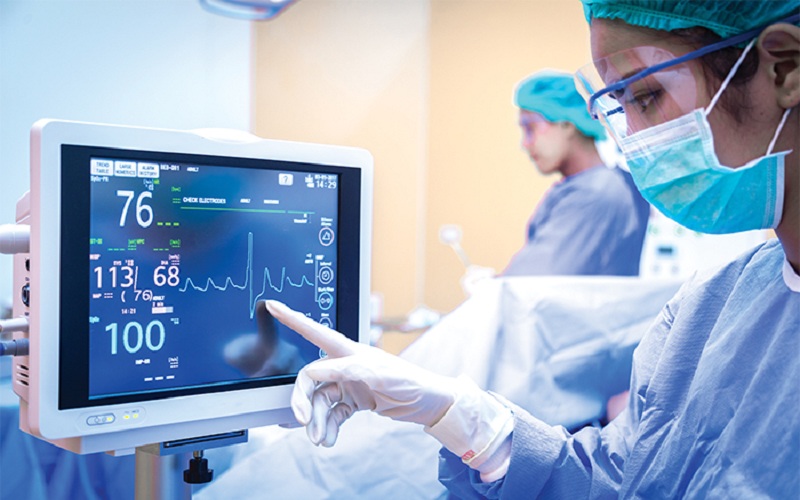Helping to Protect Against Healthcare-Associated Infections
Healthcare-associated infections (HAIs) are infections that patients acquire while receiving treatment for medical or surgical conditions in various healthcare settings, such as hospitals, nursing homes, and clinics. These infections can occur from procedures like surgeries or through devices like catheters and ventilators. Germs responsible for HAIs can be introduced from several sources including the patient’s own skin, healthcare workers, visitors, or even from a facility’s environment like water systems or air conditioning.

HAIs can negatively affect patients by increasing morbidity and mortality, especially if the infections are resistant to antibiotics. They also result in longer hospital stays, which increase healthcare costs and strain healthcare resources. Additionally, these infections add emotional and financial stress for patients and their families.
Preventing HAIs involves multiple strategies. Improved hygiene practices such as regular hand washing by healthcare providers, patients, and visitors are critical. Proper use of antibiotics helps avoid the development of resistant bacteria. Environmental controls, like regular testing and maintenance of the healthcare environment, ensure proper ventilation and room pressures, particularly in surgical areas. Routine cleaning and disinfection of the healthcare environments and sterilization of medical instruments reduce infection risks. Education and training for healthcare workers, patients, and visitors about the risks and prevention strategies for HAIs are also essential.
These prevention efforts are ongoing and critical, involving both technological advancements and procedural reforms in healthcare settings. They not only protect patients but also contribute to more efficient and effective healthcare delivery. Ensuring adherence to established protocols, such as air quality control in operating rooms and proper maintenance of ventilator systems, is fundamental in providing a safer environment for the most vulnerable patients, particularly those with compromised immune systems.
Infographic created by Evergreen Medical Services, Experts in Medical Gas Verification Testing

